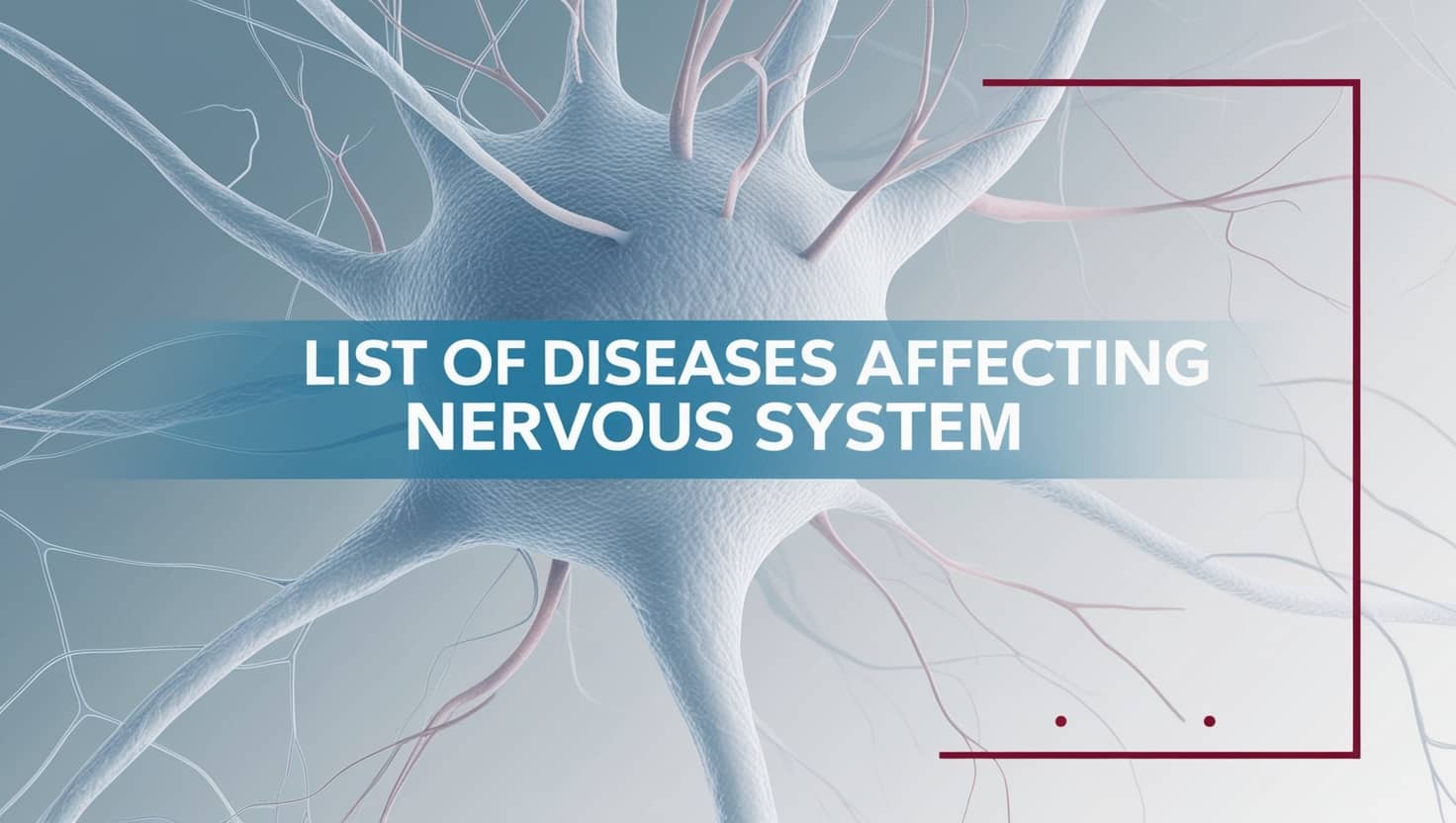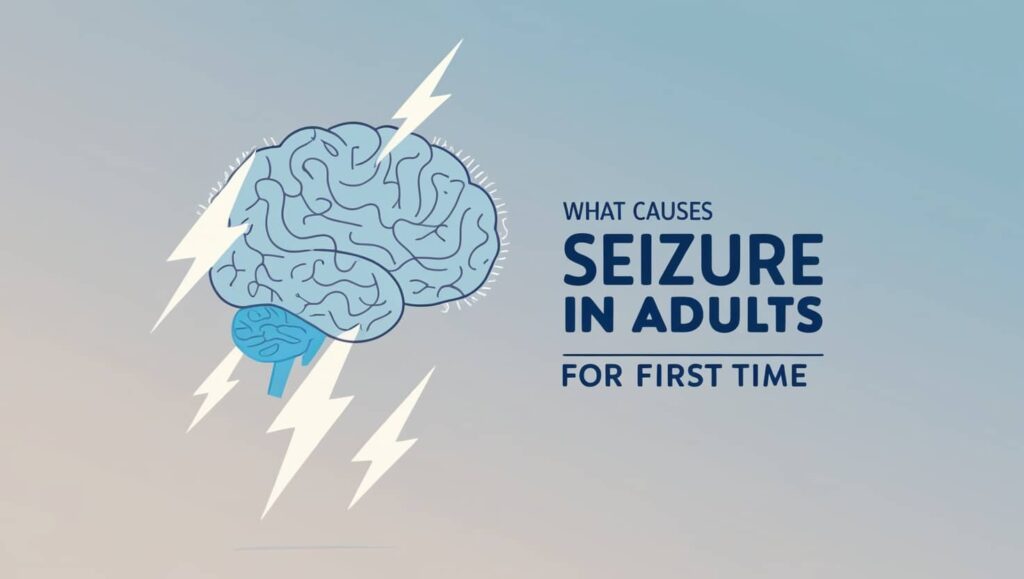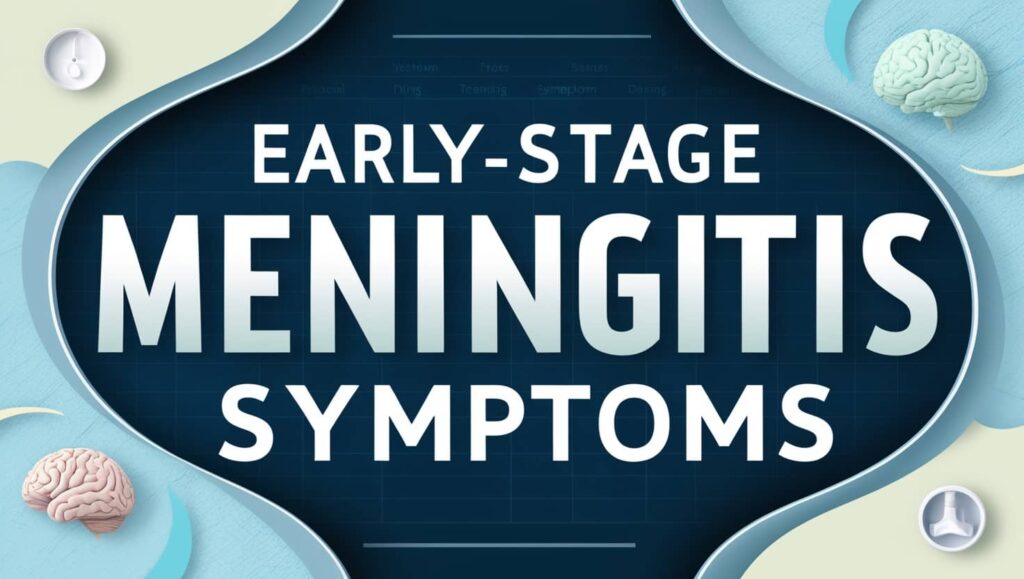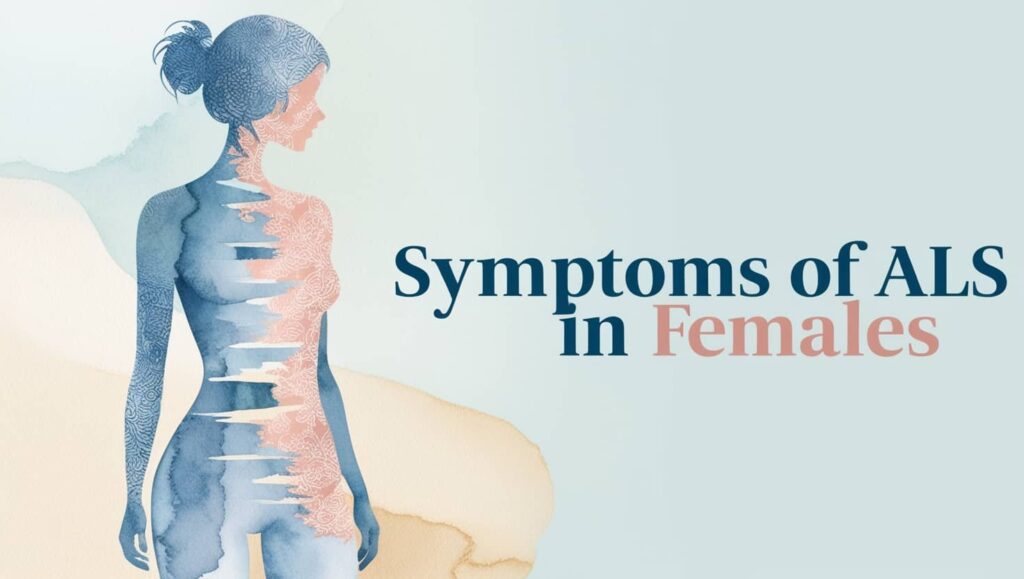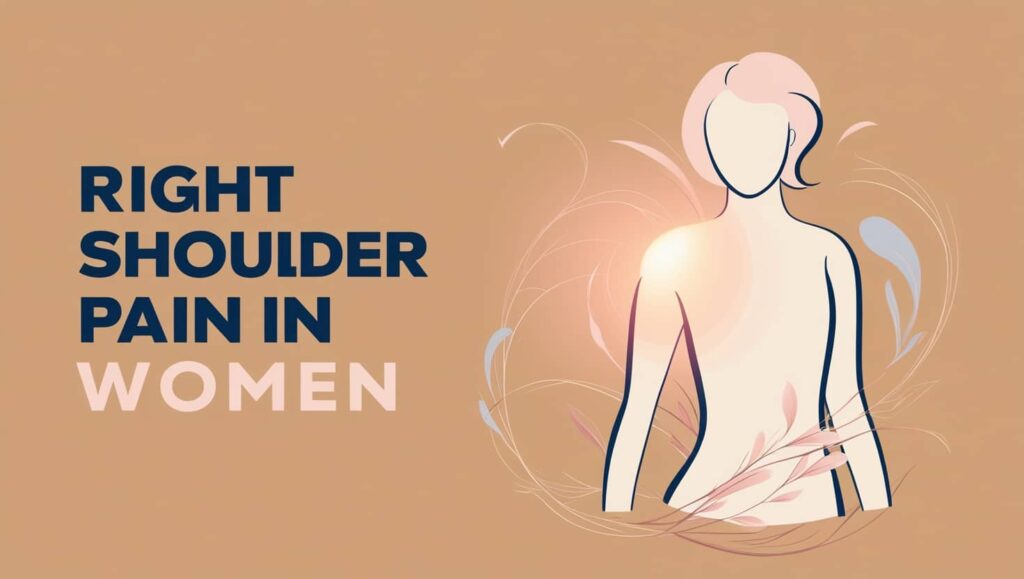In low- and middle-income countries (LMICs), neurological diseases like stroke, epilepsy, and dementia are among the main causes of death and disability. Research has improved interventions for diseases of the adult neurological system. Poor health in LMICs can be attributed to early life deprivation, which can raise health-related vulnerabilities. The increasing prevalence of non-communicable diseases calls for initiatives to improve the health of senior citizens.
Most Common Disorders Affecting The Nervous System And Their Symptoms
-
Acute spinal cord injury (SCI)
In both children and adults, an acute spinal cord injury (SCI) is a traumatic injury that results in a violent ripping of the spinal cord, impairing movement and feeling and potentially leading to death.
Symptoms:
- Muscle Weakness and Movement Issues
- Absence of voluntary movement in arms, legs, and chest.
- Breathing issues.
- Loss of sensation in arms, legs, and chest.
- Abdominal and bowel dysfunction.
2-Alzheimer’s disease
It is the death of brain cells due to progressive neurodegenerative illness.
Symptoms:
- decline in behaviour, thought, and memory.
- behavioural and personality changes, disorientation, and restlessness.
- Impaired direction following, communication, and judgement.
- Deterioration in language, impaired spatial and visual awareness, and emotional indifference.
3-Nervous System
A brain tumor is an expansion of aberrant brain cells that interferes with the normal operation of the neurological system. Depending on the tissue origin, it can develop in more than 120 forms in different brain or skull areas.
Symptoms
Headache, seizures, speech difficulties, personality changes, numbness, paralysis, dizziness, hearing loss, vision changes, disorientation, and memory loss are common symptoms.
4- Epilepsy
A common neurological condition that causes periodic seizures in the brain, epilepsy affects people of all ages, races, and ethnicities.
Symptoms of seizures
Unconsciousness, breathing issues, bladder or bowel control loss, unexpected falls, lack of reaction to sounds or speech, bewilderment, rhythmic nodding, rapid eye blinking, and staring episodes.
5-Meningitis
A fluid infection is frequently the cause of meningitis, a disease marked by inflammation of the meninges, brain, and spinal cord membranes.
Symptoms:
Children with fever, headache, and joint pains may experience drowsiness seizures, blotchy skin, reluctance to eat, vomiting, excessive fussiness, back arching, and difficulty waking up.
6-Parkinson’s Disease
It is a degenerative condition that usually affects adults over 65 and gradually impairs motor skills, resulting in a sluggish, ungainly walk, stiff limbs, tremors, shuffling, and poor balance.
Symptoms
This may include lightheadedness, dizziness, constipation, urinary issues, muscle cramping, sexual issues, speech problems, and dysphagia.
Treatments for Nervous System Disorders:
Neurological problems may be treated with:
- Suitable medications
- using assistive technology.
- occupational therapy or physical therapy.
- speech therapy.
- Taking part in clinical trials (human testing)
How to Maintain Nervous System Health with Lifestyle Choices:
- Make nutrition a priority. Nerve function depends on a balanced diet high in vitamin B12 and omega-3 fatty acids.
- Drink plenty of water to avoid problems and disruptions of nerve signals.
- Control your stress: Techniques that promote mental and neurological well-being include yoga, meditation, deep breathing exercises, and nature excursions.
- Exercise regularly: Exercise increases the flow of blood, nutrients, and oxygen to nerve cells.
- Preserve proper posture to avoid putting undue strain on the spine.
- Getting enough good sleep: seven to nine hours each night.
Also Read: List Of Autoimmune Diseases and Symptoms
References
- Thakur, K. T., Albanese, E., Giannakopoulos, P., et al. (2016). Neurological disorders. In V. Patel, D. Chisholm, T. Dua, et al. (Eds.), Mental, neurological, and substance use disorders: Disease control priorities (3rd ed., Vol. 4, Chapter 5). The International Bank for Reconstruction and Development / The World Bank.
- Birbeck, G. L., Meyer, A. C., & Ogunniyi, A. (2015). Nervous system disorders across the life course in resource-limited settings. Nature, 527(7578), S167–S171. https://doi.org/10.1038/nature16031.


